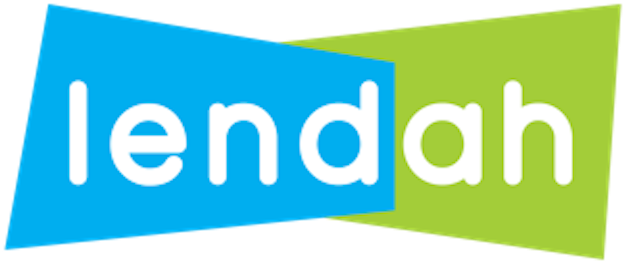In terms of borrowing, it is wise to have different types of credit to diversify your credit mix. This helps determine your creditworthiness, and may even help improve your credit score if you maintain your debt repayments.
With credit comes debt in two primary forms: installment debt and revolving debt. Both are similar but have key differences that may make a significant impact on the borrower.
Discover the differences between these types of debt, and learn best practices for using one to pay off the other.
What Is Installment Debt?
Installment debt is caused by opening a credit extension on a personal loan. This type of debt is reduced by making fixed, scheduled payments which gradually pays off the principal and interest until the full amount is repaid.
Personal loans are one means of acquiring installment debt. A few key features of personal loans are that you choose the payment schedule, have fixed rates, and know how much you pay each month. This makes it easier to manage your debt as long as you can make payments on time. Installment loans have a lower impact on your credit score than revolving debt, but may cause you to pay more in interest the longer you take to repay your debt.
What Is Revolving Debt?
Revolving debt is caused by opening a line of credit, like credit cards. This type of debt allows you to borrow within a predetermined limit.
Revolving debts aren’t bound by fixed payments like installment debts. Frequent borrowing may affect your creditworthiness and increase your credit utilization rate, which in turn impacts your credit score. Interest rates on revolving debt may fluctuate, so avoid carrying high balances and monitor any updates to your credit agreement. Making frequent and on-time payments will keep revolving debt manageable.
What Are the Best Practices to Manage Debt?
Installment debt is most commonly considered “secured,” meaning there is a tangible asset attached to your debt obligation. Secured debt offers less risk for lenders, which means that borrowers receive lower interest rates compared to debts from unsecured credit or loans.
Installment debt from a personal loan is easier to manage by means of a fixed repayment schedule. One way to tackle revolving debt is to use a personal loan to pay off credit cards. Remember, revolving debt carries over into each cycle and can accumulate high interest, so consolidating and paying off your credit card debt with a personal loan can help you recover from debt quickly while paying less interest each month.
If you have questions about debt consolidation loans, speak to the compassionate loan matchmakers at Lendah. Our expert loan professionals will find the best terms tailored to your unique situation with fast approval and rates starting as low as 3.84% for amounts up to $100,000.
Get started today on our website. Prefer to talk in person? Call us at 833-453-6324 and we’ll get you connected immediately with one of our loan experts.


Recent Comments